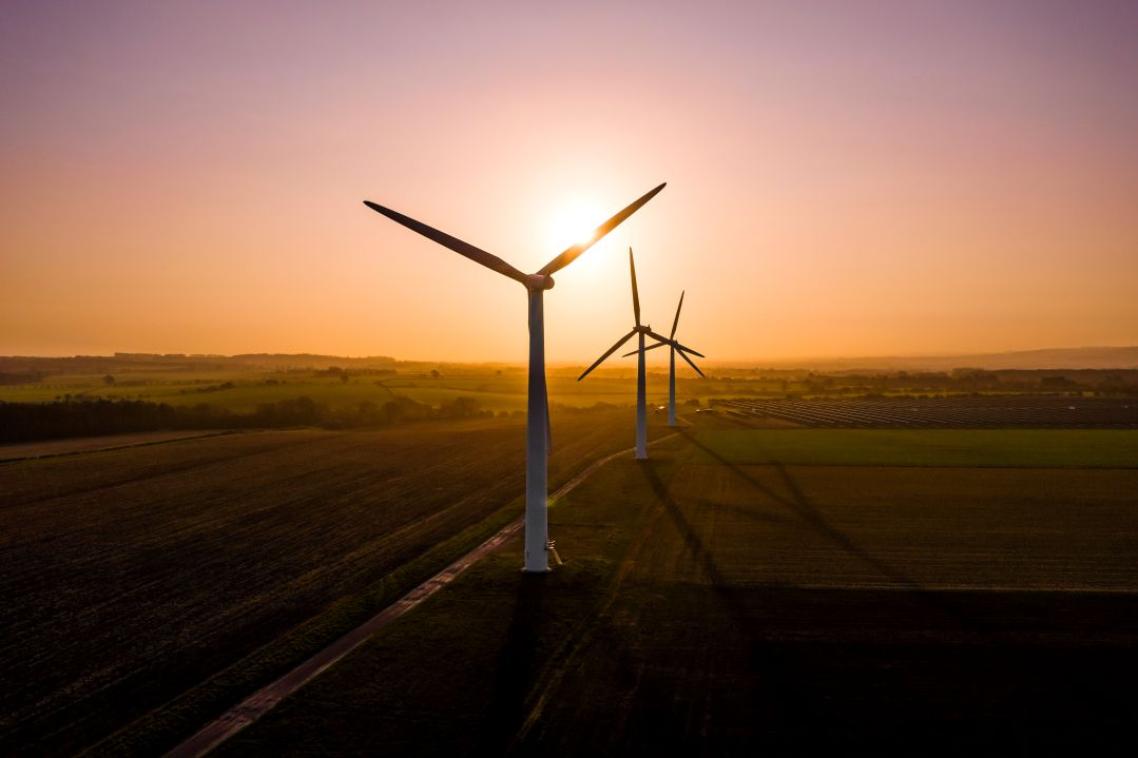COP30 climate summit: UQ experts

(Photo credit: Studio-Fl/Adobe Stock. )
COP30 is the 30th annual gathering and marks 10 years since the Paris agreement.
It is a meeting of world leaders, scientists, non-government organisations and civilians to discuss climate priorities and what is needed to limit the global temperature increase.
Australia, which has bid to be the host country for COP31, has pledged to work towards a clean energy transition, further reduce global emissions and unlock investment in clean energy solutions.
The University of Queensland has a range of researchers available to offer expert analysis:
UQ Biosustainability Hub
Professor Esteban Marcellin, Australian Institute for Bioengineering and Nanotechnology, Director UQ Biosustainability Hub
Expertise: creating economically viable biological solutions for companies to transition to net zero. Synthetic biology using techniques such as gas fermentation in manufacturing, including food and beverages, biofuels, chemicals and biopharmaceuticals.
Contact: e.marcellin@uq.edu.au
Climate Change Network
Professor Justine Bell-James, School of Law, Director Climate Change Network
Expertise: Environmental and climate change law. Her work has had a significant influence on climate law and policy in Australia, including through the inclusion of coastal ecosystems in Australia’s Emissions Reduction Fund framework.
Contact: j.bell-james@law.uq.edu.au
Faculty of Business, Economics and Law
Professor Andrew Griffiths, Executive Dean
Expertise: How organisations deal with the impacts of climate change and how executives and employees can transform organisations to better manage sustainability issues. Professor Griffiths can also provide information on how local and global organisations can apply new knowledge.
Contact: a.griffiths@bel.edu.au
Professor Belinda Wade, School of Business
Expertise: Organisational progress on climate and sustainability issues with a focus on decarbonisation and organisational climate transitions, barriers to further progress, decarbonising actions taken within Australian companies and best practices in climate reporting and management.
Contact: b.wade@business.uq.edu.au
Professor John Quiggin, School of Economics
Expertise: A wide range of policy topics related to the economics of climate change and renewable energy.
Contact: j.quiggin@uq.edu.au
Faculty of Humanities, Arts and Social Sciences
Professor Matt McDonald, School of Political Science and International Studies
Expertise: International politics of climate change, with a particular focus on the security implications of climate change.
Contact: matt.mcdonald@uq.edu.au
Professor Kristen Lyons, School of Social Science
Expertise: Global carbon offset markets including voluntary markets and their human rights issues in Australia, the Pacific and Africa.
Contact: k.lyons3@uq.edu.au
Faculty of Science
Professor Paul Gauthier, Queensland Alliance for Agriculture and Food Innovation
Expertise: Food sustainability, protected cropping and indoor vertical farming as a long-term solution to feed the world’s populations.
Contact: p.gauthier@uq.edu.au
Professor Anthony Richardson, School of the Environment
Expertise: Understanding the impacts of climate change on the ocean and the implications for biodiversity, fisheries, carbon sequestration and the design of marine protected areas.
Contact: ajr@maths.uq.edu.au
Faculty of Engineering, Architecture and Information Technology
Professor Damien Batstone, Director of Australian Centre for Water and Environmental Biotechnology
Expertise: Decarbonisation of energy (particularly natural gas and transport fuels), technology development and energy integration.
Contact: d.batstone@uq.edu.au
Professor Steven Kenway, Australian Centre for Water and Environmental Biotechnology
Expertise: Water, energy and climate impacts including emissions related to water production and consumption.
Contact: s.kenway@uq.edu.au
Faculty of Health, Medicine and Behavioural Sciences
Associate Professor Nina Lansbury, School of Public Health
Expertise: The impacts of climate change on human health, the management and use of water and energy resources with social, environmental and economic considerations, current Coordinating Lead Author on the Intergovernmental Panel on Climate Change.
Contact: n.lansbury@uq.edu.au
Related articles

Desperate race to resurrect newly-named zombie tree

UQ aerospace grad’s ‘giant leap’ towards stellar career
Media contact
UQ Communications
communications@uq.edu.au
+61 429 056 139
